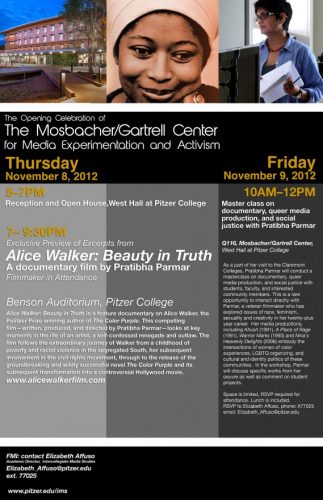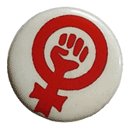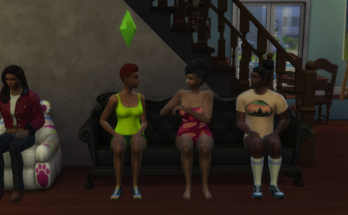By Chelsea Durgin
About thirty minutes ago, I was sitting in Benson Auditorium with independent filmmaker Pratibha Parmar, watching clips from her new film Alice Walker: Beauty in Truth. This blog post is probably going to end up being a jumble of words but that is because of the intellectually stimulating and powerful inspiration that was just bestowed upon me. From the life of Alice to Pratibha’s challenges as a
filmmaker to the powerful relationship between Alice and Pratibha, this night turned into an authentic conversation of life, struggle, and love.
So I guess I’ll begin with the overall film. There are somethings that I would not have known about Alice Walker if I was not exposed to this documentary. I’m not talking about the fact of her life like Alice grew up in Georgia and first married a white man, but the intangibles. The values of family that Walker holds, even down to her name Walker kept because of her great great great grandma who walked across states with two babies on her hips and lived to be 125. Her value in nature and the comfort she finds in it through only her left eye.
I was captivated by how lyrically Alice spoke and with utter ease. I learned more about what Alice’s work meant to the people and the south at that time that may have not had a voice. She gave a voice to the south, not a bitter one but a loving kind. She spoke about the under the surface oppression of spirituality during extreme segregation and oppression of blacks. She gave depth to the blacks that was not shown on the surface. She lived it, she expressed it, she shaped it, and she shared it. And for that reason, Walker wrote history.
What made the film so successful in my eyes, was the ease in which Alice shared her life and that occurred because of the friendship between filmmaker and subject. Pratibha mentioned herself that Alice talked with ease and revealed things about herself that happened because they were friends. I give immense credit to Pratibha for taking on the story of Alice Walker, especially as a friend.
She expressed her difficulty in this project was taking the beauty of Walker’s words on paper and making certain images on screen that were authentic and true to Walker’s story. She did this through a lot of archival footage, nature shots, Walker’s personal photos, and Walker’s hand written words. I would say the movie was a success but the audience does hold to history buffs, independent filmmaker students, and Alice Walker fans. Definitely worth watching on PBS!
Oh, did I mention the feminist and racial content that was absolutely inspiring and completely relatable to our class?! Besides the vast amount of accolades that Walker as a female, black writer triumphed in the history records (example being: the first black woman on the cover of the New York Times Magazine), I was most aroused by the conservation about how our world has changed from the time of Alice’s childhood to where were are now regarding race and sex.
I couldn’t help but think about the election and what did means to have Barak Obama as president; also the amount of women and queer representatives in our government. Of course the world is always in means of improvement, but I bet Alice and the people who suffered oppression during the civil rights movement would ever think they would see an African American as president in their life time.
I’m sure there are several things I should say about my experience tonight but all I can say is thank you.
Thank you, Pratibha. Thank you, Alice. And thank you, Pitzer College.


